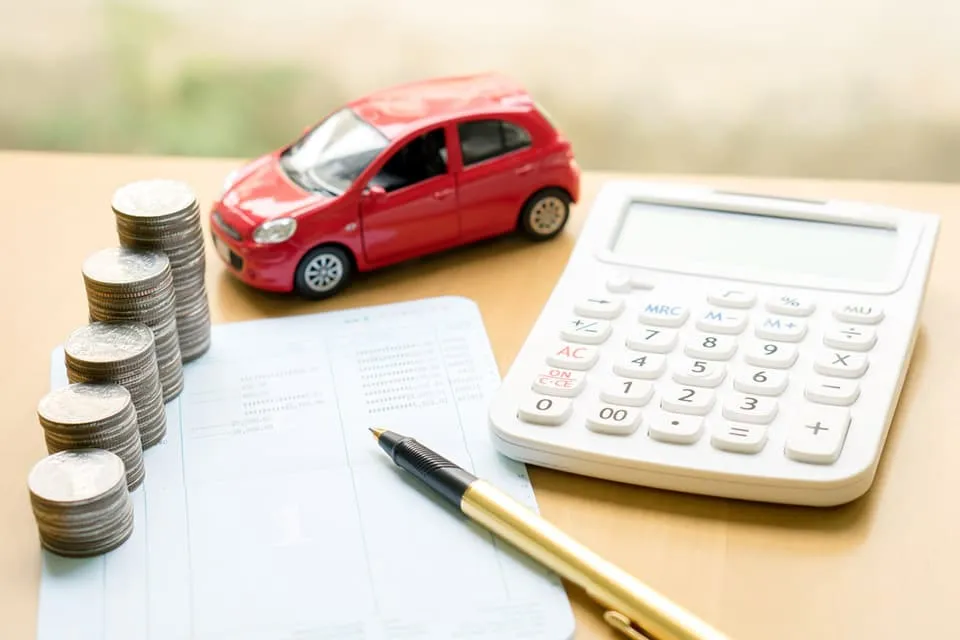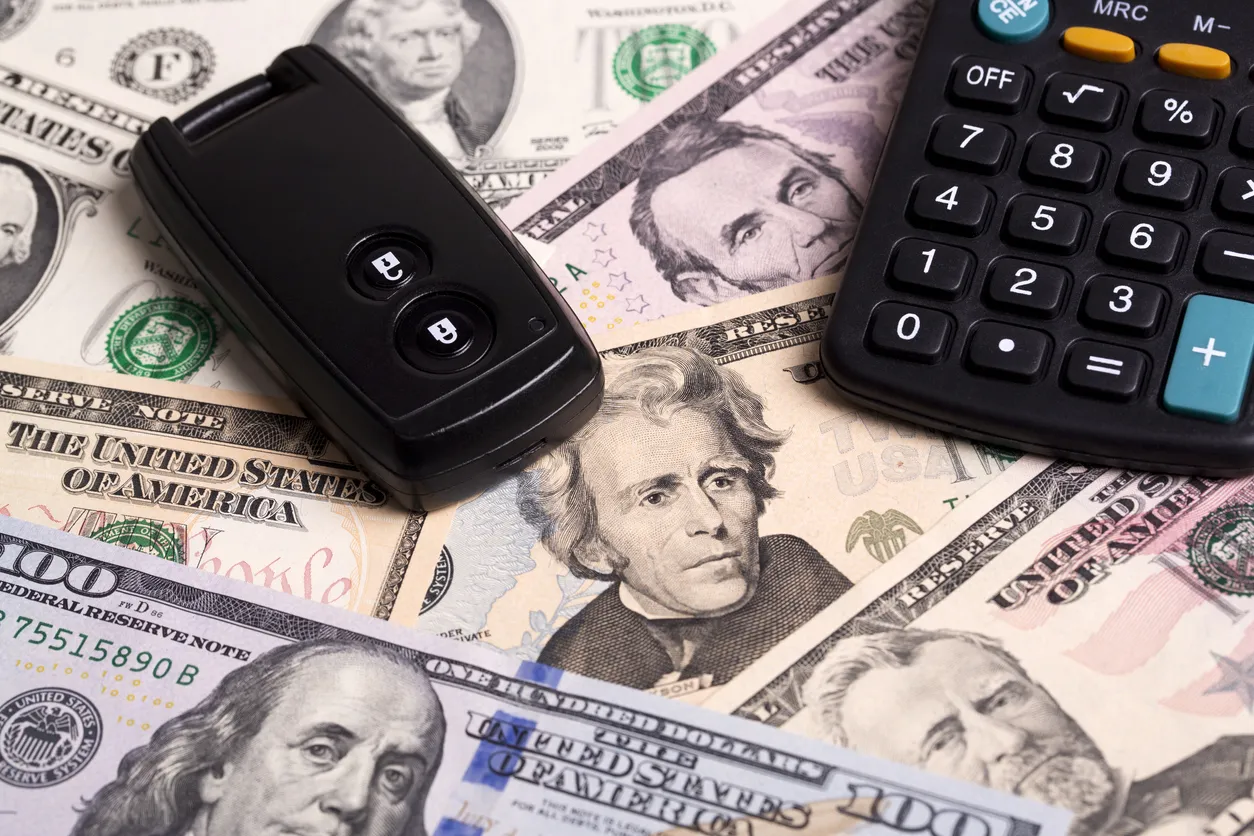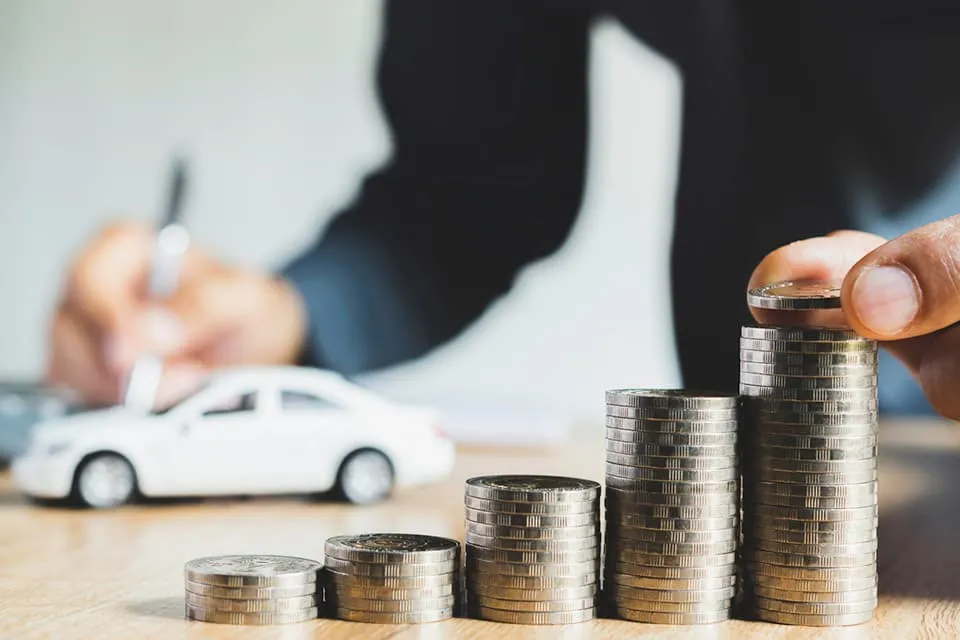How to Lease A Car, Depreciation and Residual Values

Leasing a car or truck is a great way to finance a vehicle of the highest value for the least payment possible or, in other words, getting the most bang for your buck. However, leasing is not for everyone, and the qualifications to get a competitive rate and favorable terms can be restrictive. Leasing is perfect for consumers who want to drive a new car every 24 or 36 months and can stay within mileage constraints.
Leasing company vehicles can be a smart financial move for businesses of all sizes. It allows for little to no down payment, significantly lower monthly installments, and, most importantly, long-term tax benefits. Making for a strategically sound financial decision.
Over the years, automakers and lending institutions have had continuing issues convincing more car buyers to lease their vehicles. The underlying problem is that consumers do not understand the leasing process and its terms. Potential buyers are scared off by listening only to the nightmare scenarios.
What is a Car Lease?

Leasing your next car or truck may be the answer to getting to the specific payment your budget allows. However, car buyers should take note that there are some hard and fast rules to consider before rushing down to the dealership. Leasing your next vehicle usually requires better credit scores than a purchase. This is because the lender is taking on more risk in the form of the residual. There are also restrictions on yearly mileage and end-of-lease conditions.
Leasing is the perfect option for consumers who want to drive a new car every few years, stay within the mileage constraints, with the ability to return the vehicle to the dealership in good condition.
If you are a traveling salesperson or know you will exceed the mileage limit, leasing may not be your best option. Also, lessees (that’s you) must return the vehicle in “as good condition” as when they drove off the lot, taking into account “expected wear and tear.” Bringing the vehicle back with the seats ripped, the paint scratched, and the oil having never been changed will cause the lending company to assess stiff penalties that must be paid.
Potential lease customers must not underestimate their mileage requirements just for the chance to lease a new vehicle. Customers will pay dearly for over-mileage charges. Lenders and dealerships rely heavily on getting a car back at the end of the term in good condition with the correct mileage.
A few numbers and concepts should be understood before heading to the dealership and letting an overly aggressive salesperson take full advantage of your lack of knowledge.
Does Depreciation Affect Leased Cars?

Every car depreciates, with some models losing ten to fifteen percent per year. High-end, vintage, and a few specialty brands are the exception rather than the rule. The simple act of driving off a dealership lot removes a sizable percentage of a car’s value. According to Edmunds, a new car can lose up to forty-five percent of its value in the first year alone.
-
When a consumer walks into the dealership and wants to lease their next vehicle, the buyer must understand they will be financing ONLY the vehicle's “Depreciation.” In simple terms, the customer is not buying anything; they are renting the vehicle for a pre-determined amount of time, usually 24 or 36 months. The customer also agrees to mileage restrictions of usually 12 to 15 thousand miles per year. Mileage and term length are negotiable.
Depreciation is the decrease in book value or ACV (actual cash value) of an asset, in this case, the vehicle being financed. In accounting terms, the actual process of depreciation is the loss of value of an asset due to time and obsolescence. The lease payments spread the cost of that asset’s depreciation over a fixed term. (is your head spinning yet?)
-
For example, a dealership has the vehicle of your dreams with an MSRP of $20,000. After a 36-month term, the residual value or ACV of that vehicle will be $10,000. The lessee (you) then finances the depreciation plus any taxes and fees of $10,000.
Things to Know About the Residual Value of a Leased Car
We have all heard the ridiculously low lease payments advertised on extravagant cars and trucks and always with “little to no down payment.” This is a loss-leader strategy for the dealership that almost no one qualifies for. If the customer does qualify, the car is the purple exterior and yellow interior vehicle at the back of the dealership. The key to offering these outrageously low payments is the “higher than stated norms” residual factor a lender must risk to achieve the payment.
Residual is a crucial figure when leasing any vehicle. It is calculated as a percentage of the MSRP, and the value will never change. The residual estimate of the leased car is what the vehicle will be worth at a future point in time, such as 24 or 36 months. The dealership or lending institution determines this value, and they rely heavily on services such as Kelly Blue Book.
Kelly Blue Book breaks down its values into four distinct categories. Most leasing companies will never use excellent or good as their residual estimate.
- Excellent Condition is in like-new condition
- Good condition is a vehicle with little to no damage
- Fair condition is a vehicle in reasonable working order
- Poor-condition cars are suitable for the scrap yard
Leasing institutions that carry the paper or finance the vehicle may slightly adjust the residual to secure a customer or offer ridiculously low payments. However, when a residual goes up from stated norms, such as Fair to Good condition, the lender takes on more risk. They are “guaranteeing” that a vehicle will have a specific dollar value at the end of a lease term,
Cars and trucks are incredibly volatile assets, and many factors affect their value, such as market demand, newer models, interior/exterior condition, mileage, accident history, and the list goes on and on.
Every leasing institution pays close attention to a vehicle's residual value at the beginning of a lease contract. At lease end, it is the lending institution's responsibility to dispose of the vehicle at auction, to a private party, or to the dealership. If the vehicle cannot be sold for at least the residual amount, the bank loses money, and banks HATE! to lose money.
Frequently Asked Questions
What type of credit score do I need to lease?
The borrower should have at least a 700 credit score to receive the best terms on any financed vehicle. When a consumer wants to lease, the higher the credit score, the better. Also, the borrower must have an excellent debt-to-income ratio. As stated above, the lender takes on more risk when they lease a vehicle and, therefore, demands better credit scores and incomes.
Is the residual negotiable?
No, this number is based on lending criteria derived from industry experts such as KBB.com.
Should I purchase the vehicle at the end of the lease term?
As a general rule, It is not recommended. If you are getting the best deal possible on the lease payments and the residual, you may consider a buyout. However, it will be cheaper to purchase the car upfront.
What if my car is worth more than the residual?
This circumstance is highly improbable. If the car market is extremely hot (boiling hot) at the time, check the numbers before making a decision. But don’t count on it. Purchasing a car at the residual means that over the life of the loan, including financing the residual, you will be paying the maximum amount possible.
What happens at the end of my lease?
If you are comfortable the vehicle is in good shape, you take it to the dealership, sign a release and you are finished with that vehicle.
How is the residual calculated?
Residuals are a percentage calculated from the MSRP or the Manufacturer's Suggested Retail Price. Lenders may negotiate lower payments by adjusting rates and fees but never the residual. You can find out what a car’s residual value is ahead of time using the free tool offered by GoodCar.
What is the amount due at signing when I lease?
Every lender and dealership will have different criteria for out-of-pocket expenses. As a general rule, the lender requires the first payment, a security deposit, plus fees and taxes.
FREE Vehicle Search
- Accidents
- Problem Checks
- Title Records
- Recalls
- Values
- Specs
-
InfoPay, Inc. (dba GoodCar) is an Approved NMVTIS Data Provider
-
-


























